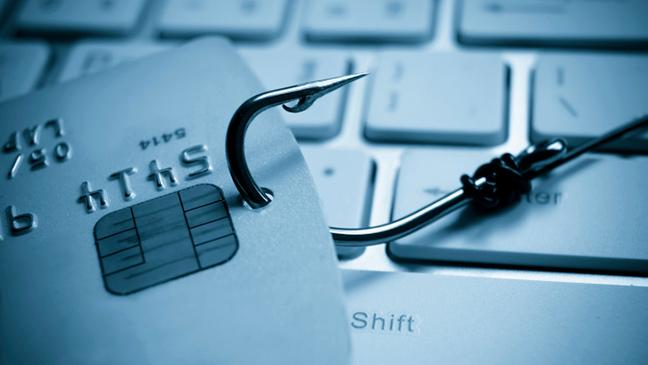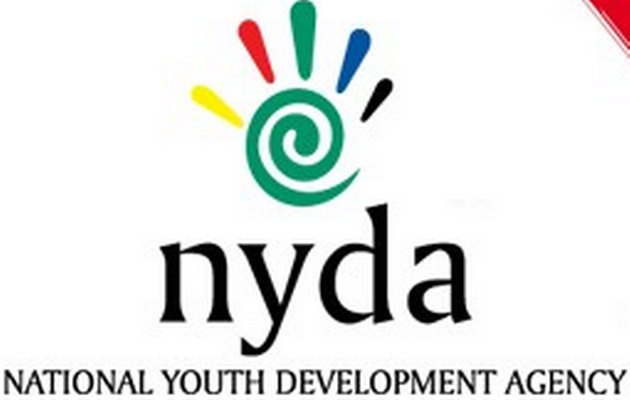5 Tips On how to stay safe against Phishing Scams

Use these important tips to protect yourself from phishing scams. Phishing is the attempt to acquire sensitive information such as usernames, passwords, and credit card details (and sometimes, indirectly, money), often for malicious reasons, by masquerading as a trustworthy entity in an electronic communication.
1. Guard against spam.
Be especially cautious of emails that:
* Come from unrecognized senders.
* Ask you to confirm personal or financial information over the Internet and/or make urgent requests for this information.
* Aren’t personalized.
* Try to upset you into acting quickly by threatening you with frightening information.
2. Communicate personal information only via phone or secure web sites.
In fact:
When conducting online transactions, look for a sign that the site is secure such as a lock icon on the browser’s status bar or a “https:” URL whereby the “s” stands for “secure” rather than a “http:”.
Also, beware of phone phishing schemes. Do not divulge personal information over the phone unless you initiate the call. Be cautious of emails that ask you to call a phone number to update your account information as well.
3. Do not click on links, download files or open attachments in emails from unknown senders.
It is best to open attachments only when you are expecting them and know what they contain, even if you know the sender.
4. Never email personal or financial information, even if you are close with the recipient.
You never know who may gain access to your email account, or to the person’s account to whom you are emailing.
5. Beware of links in emails that ask for personal information,
Even if the email appears to come from an enterprise you do business with. Phishing web sites often copy the entire look of a legitimate web site, making it appear authentic. To be safe, call the legitimate enterprise first to see if they really sent that email to you. After all, businesses should not request personal information to be sent via email.




